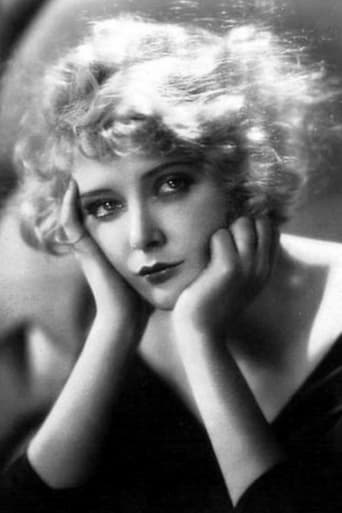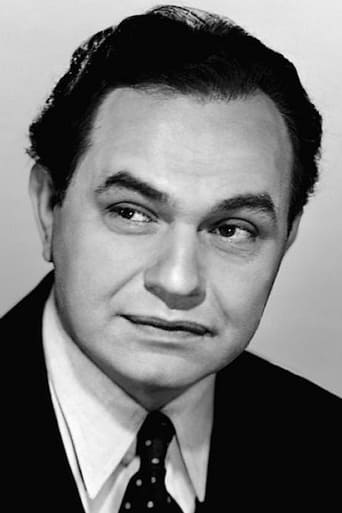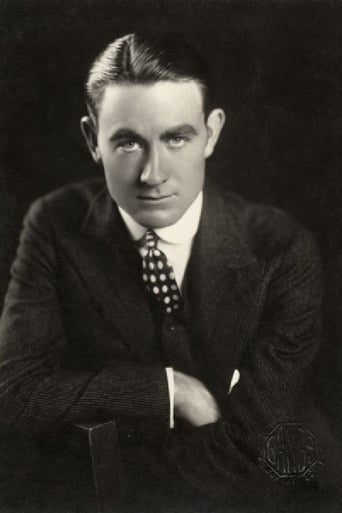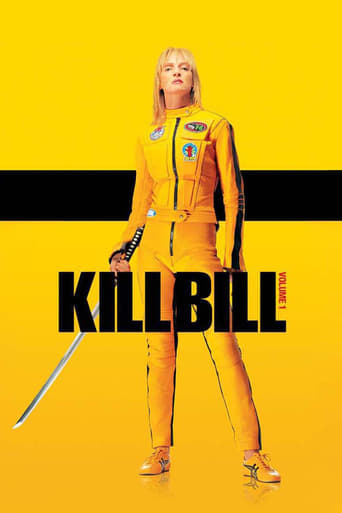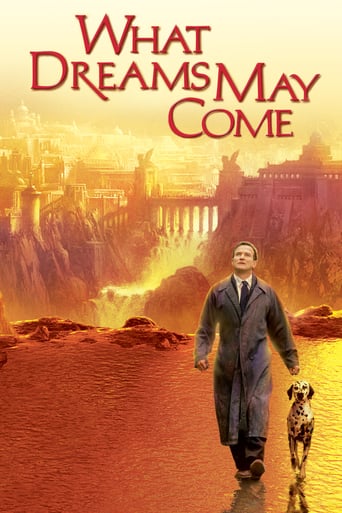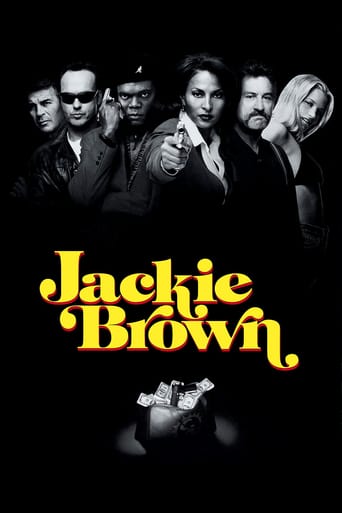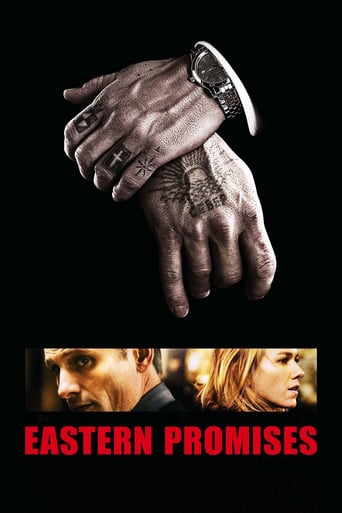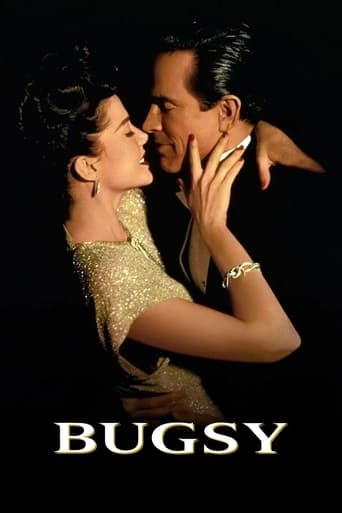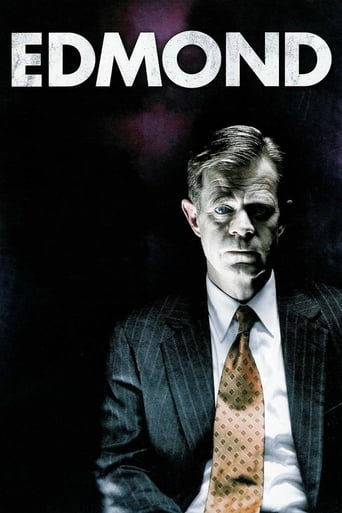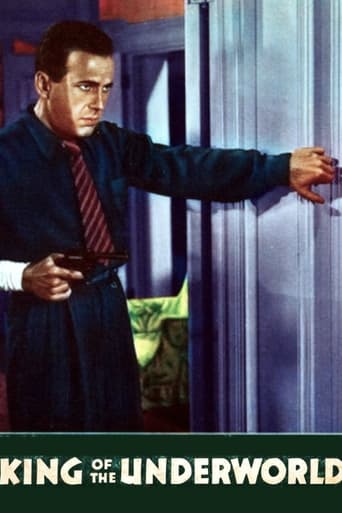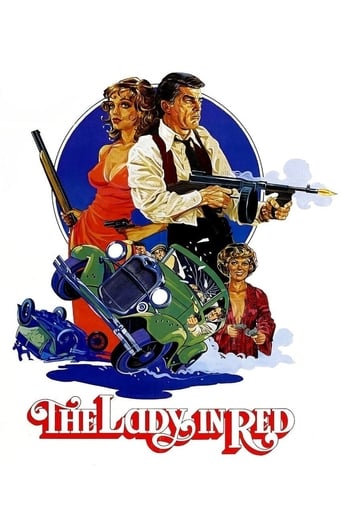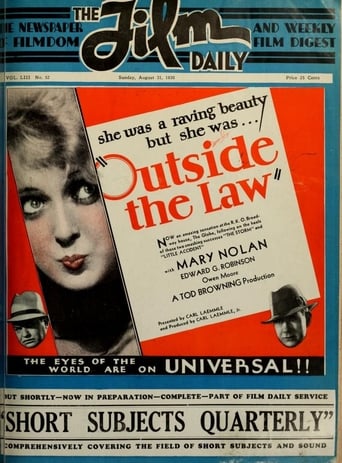
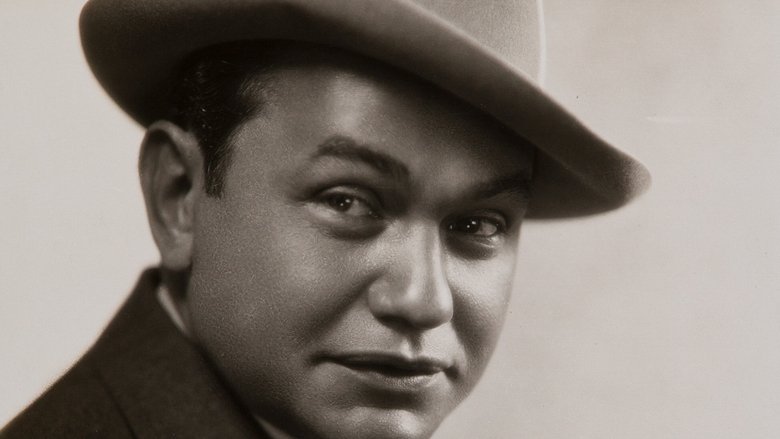
Outside the Law (1930)
Fingers is planning a half-million-dollar bank robbery in gang boss Cobra Collins' territory. Fingers' moll Connie tries to bluff Cobra into thinking the hit won't be for another week when the call comes through saying it's now.
Watch Trailer
Cast


Similar titles
Reviews
The first outing for this movie was in 1920 - it was a Universal Jewel which meant it was a top production for it's star player Priscilla Dean, a very up and coming player in Lon Chaney and their top director Tod Browning who, like Frank Capra later on at Columbia, his innovative movies were putting Universal on the map. Fast forward ten years and with talkies Browning was losing his magic touch. I so wanted to like this movie but by this time Mary Nolan's severe personal problems were fast eroding Universal's confidence in her, what with the lurid headlines and the on set diva behaviour. I always felt Nolan had a lot of acting talent but it was obvious she needed a director who was going to channel her emotions - something that Browning, in 1930, was unable to do. Bringing up all her emotions for the tough girl part of Connie's personality, she had no believability when the vulnerability had to surface at the end. Watching, you realise what a terrific actress Priscilla Dean had been. The earlier movie had featured Lon Chaney as Cobra and his appearances were superb but now the spot light was on Edward G. Robinson (even though Nolan's name preceded his in the credits) and because he was still finding his movie feet, the part became conventional. Only Owen Moore bought naturalism to his part as "Fingers", the crook with a conscience. Robinson plays Cobra who is double crossed in a bank hold up - his two partners "Fingers" and "Connie" disappear with the cash. The problem with the movie then is that Robinson drops out of sight as the plot concentrates on the other two who hide out in an apartment. "Fingers" then finds himself under the spell of a little boy who lives in an adjoining apartment little realising that his father is the local policeman!! Mary Nolan's emotions were given no reign, there was even an horribly racist scene where she and Robinson were getting pretty cosy and then his mother enters and she realises Cobra has Oriental blood - her highly emotive acting (as well as dowsing herself with water so she won't be contaminated) is pretty terrible to watch. But just when you think it is all about Mary, "Fingers" does a character change from a wanting to go straight and settle down type of guy to "let's take the money and run"!! It's all a bit much and Browning handles the climax far less smoothly than he did in the original. The original featured an exciting gun battle between the three protagonists but in this one, probably because of the restrictions of the microphone - Cobra comes to the flat, is knocked unconscious by "Fingers" who then spends the rest of the film trying to save the life of the little boy's father!!This movie would have greatly benefited by giving Robinson a more prominent part!!
I just saw this film on YouTube, and this mortality tale (about Irish mobsters, crooks (the lovers Connie Madden (Mary Nolan), and Irish Born Owen Moore (Harry 'Fingers' O'Dell)), and of course, Cops is worth watching. Edward G. Robinson, who already has his Rico (from "Little Caesar") persona down pat (cigar and all), and his 'Cobra' Collins is the main reason to watch. What is interesting is he is actually half-Chinese (they show him with his mom), and yet, he is at the "Top of the Irish Rackets." Every scene involving Robinson s excellent, in fact the only non-Robinson scene that is really good, is with Connie, a kid (whose dad is a Police Captain), and puppies, and how this kid can melt her extremely cold heart. Spoilers Ahead: If anyone has seen "Three Godfathers" (with John Wayne), they can anticipate how it ends, with the outlaws willing to accept jail, to do the right thing (in this case saving the kid's father after he got shot by Robinson, instead of fleeing with $500,000 (of course, Robinson gets his at the hands of 'Fingers'), and both Connie & 'Fingers' are redeemed by Christ (there is a scene of a Cross embedded in the floor). In fact, like "3 Godfather's" where Wayne gets sentenced to the minimum 1 year in prison for a bank robbery, they got sentenced from 1-4 years for a bank robbery (the cop put in a good word for them). If people like uplifting films, Robinson & Gangsters it is worth watching. 9/10 stars.
1930's "Outside the Law" was the first of director Tod Browning's three Universal pictures, to be followed by the immortal "Dracula" and "Iron Man" (both 1931). Leaving MGM after his first talkie, 1929's "The Thirteenth Chair," Browning debuted at Universal with this remake of his own 1921 silent crime drama, also titled "Outside the Law," one of his first collaborations with the late Lon Chaney. Second billed Edward G. Robinson easily dominates as gang leader Cobra Collins, who demands a piece of the cut when the local bank is robbed by a small time crook (Owen Moore) and his moll (Mary Nolan). What truly sinks it are the endless scenes depicting the two crooks alone in their apartment, coddling a nauseating little boy who just happens to have a police captain for a father. It's rather dispiriting to think that a director like Tod Browning, with a real feel for the macabre, would display such a heavy hand with such maudlin sentimentality, yet the glacial pace is a reminder of how he botched "Dracula." The unsympathetic bickering of the two insufferable leads clearly has the opposite effect of what was intended (their unspectacular careers quickly petered out, with Moore dead by 1939, and Nolan by 1948). Browning's next feature would leave this old fashioned claptrap in the dust: the 1931 "Dracula" (his triumphant return to MGM produced the shocking "Freaks" in 1932). Already typecast as underworld kingpins, Edward G. Robinson would follow this forgettable fluff with "The Widow from Chicago," leading to the vastly superior and uncompromising gangster classic "Little Caesar," released early in 1931, and then a pair of intriguing titles opposite Boris Karloff, "Smart Money" (co-starring James Cagney) and "Five Star Final."
This flick has Robinson in his vintage character form as a gangster named Cobra, with his cigars and his infamous "Ny'a See". Fingers and Connie play a robbery team thats moving in on Cobra's turf and is forced to hid out from the law, and Cobra. Nothing great about this film that should make one go crazy to see it. The most enjoyable parts in the movie is Robinson doing his ol' mob boss routine where it almost gets humorous.


